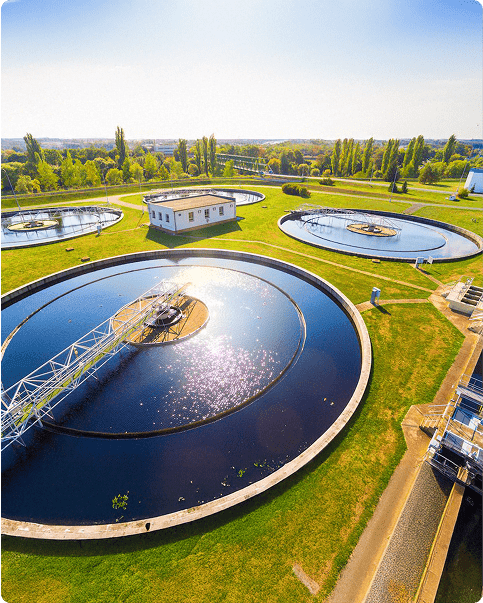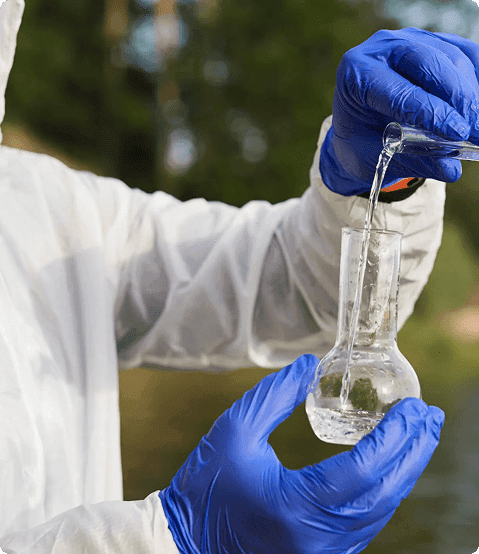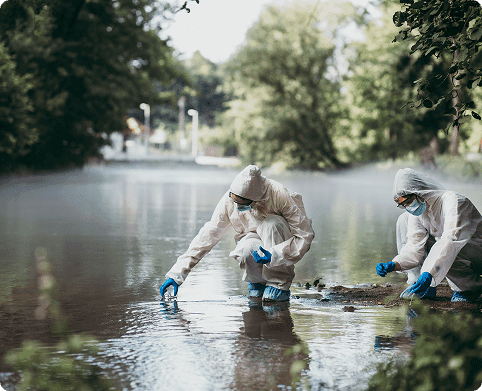Who Qualifies for a PFAS Lawsuit?
To qualify for a PFAS lawsuit, there must be proof of exposure to PFAS (“forever chemicals”) and related health problems.
People may be eligible if they lived near factories or military bases where PFAS was used, worked with products that contained PFAS, or consumed contaminated water. If you’ve suffered health issues after PFAS exposure, you may be entitled to significant compensation.
DO I QUALIFY?PFAS Lawsuit Qualifications
Individuals may qualify for financial compensation if they meet any of the following criteria:
-
 Lived near factories or industrial/military sites where PFAS chemicals were produced or used
Lived near factories or industrial/military sites where PFAS chemicals were produced or used
-
 Drank or used water supplies later found to be contaminated with PFAS
Drank or used water supplies later found to be contaminated with PFAS
-
 Worked directly with PFAS-containing products in firefighting foam, manufacturing, or similar industries
Worked directly with PFAS-containing products in firefighting foam, manufacturing, or similar industries
-
 Regularly used consumer products (like nonstick cookware, stain-resistant fabrics, or food packaging) known to contain PFAS
Regularly used consumer products (like nonstick cookware, stain-resistant fabrics, or food packaging) known to contain PFAS


